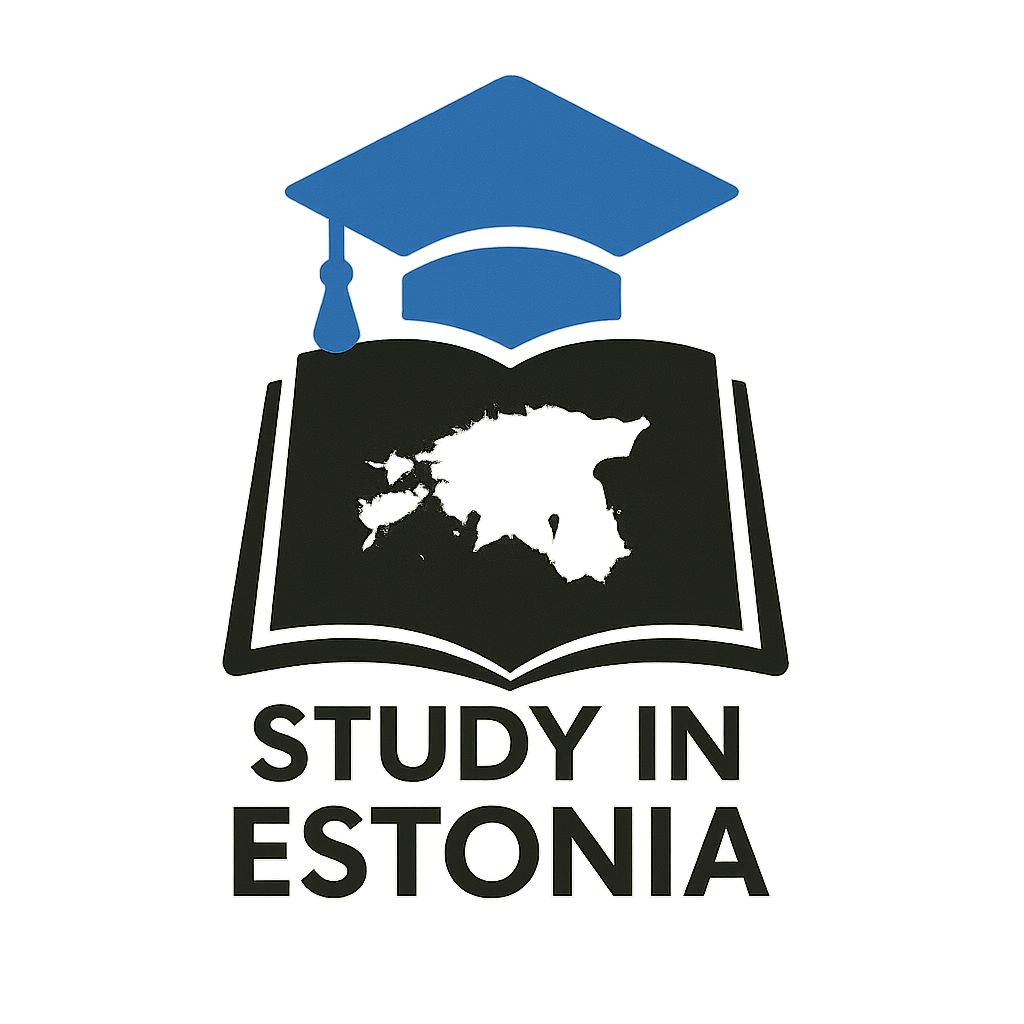Preparing for Group Projects in Estonian Universities: Strategies for Success
Forming and Organizing the Team
Planning and Managing the Project
Leveraging Digital Resources
Engaging with External Partners When Applicable
Focusing on Teamwork and Communication
Developing and Employing Relevant Skills
Conclusion: Your Path to Success in Estonian Education
Take the Next Step with Study in Estonia
Understanding the Project Goals and Deliverables
Before embarking on any group project, it is crucial to grasp the project’s objectives and deliverables. This sets the foundation for a successful collaboration.
- Review Project Objectives: Students should carefully analyze the project requirements and expectations outlined by the instructor. Estonian universities emphasize the importance of both the collaboration process and the final result. Understanding what is required from both aspects can lead to more effective teamwork.
- Familiarize with Innovative Elements: Many group assignments incorporate digital tools and practical simulations, particularly in fields such as entrepreneurship and engineering. International students should engage with these technologies in advance to avoid unnecessary delays.
Forming and Organizing the Team
Team composition plays a significant role in the success of any group project in Estonian universities, which often celebrate diversity.
- Leverage Diverse Skills: Teams should reflect the varied strengths and backgrounds of their members. When forming a team, consider each member’s skills and academic experience to assign roles strategically. This ensures that key responsibilities are fulfilled based on individual expertise.
- Assign Roles Early: Clearly outline roles and responsibilities from the start. For instance, designate team members as researchers, content creators, or presenters. This approach minimizes confusion and allows team members to focus on their contributions.
Planning and Managing the Project
A well-structured plan is critical to keeping the project on track.
- Create a Timeline: Establish a timeline for tasks in alignment with deadlines provided by instructors. Using project management tools can be beneficial, as they enhance organization and tracking, making them a staple in many Estonian universities.
- Conduct Regular Check-ins: Schedule consistent meetings to monitor progress and address any challenges. Frequent communication is essential, particularly in multidisciplinary projects, where different perspectives can significantly influence outcomes.
Leveraging Digital Resources
Estonian universities increasingly promote the use of digital platforms for collaboration.
- Utilize Online Tools: Familiarize yourself with the university’s online libraries, databases, and learning management systems. These resources can significantly aid in research and project execution, especially for international students who may be working remotely.
- Engage with Virtual Collaboration: Embrace virtual platforms that facilitate communication and project management among team members, ensuring that distance does not hinder collaboration.
Engaging with External Partners When Applicable
Many group projects in Estonia involve collaboration with external stakeholders.
- Build Relationships with Partners: If a project calls for engagement with industry partners, research institutions, or community organizations, students should be proactive in establishing these connections. Clear communication channels must be maintained to enhance collaboration and ensure everyone is aligned with project goals.
Focusing on Teamwork and Communication
Effective communication and teamwork are cornerstones of successful group work.
- Foster Inclusivity: Create an environment where all team members feel valued and encouraged to share their ideas. This enhances creativity and ensures that the group benefits from diverse perspectives.
- Address Conflicts Constructively: Disagreements can arise in group settings. It is crucial to address any conflicts constructively and, if necessary, seek guidance from instructors to resolve significant issues.
Developing and Employing Relevant Skills
Group projects often demand the application of various skills.
- Utilize Key Skills: Depending on the project’s nature, apply problem-solving, critical thinking, and technical skills as needed. Estonian universities emphasize practical application of theories, making these skills essential for successful project outcomes.
- Organize Skill Development Sessions: If team members lack proficiency in necessary skills, consider arranging training workshops or peer-to-peer learning sessions. This not only improves the team’s capabilities but also fosters collaboration and camaraderie.
Conclusion: Your Path to Success in Estonian Education
As international students engage in their academic journeys in Estonia, mastering the art of group projects is key to a rewarding experience. The support and resources provided by Estonian universities, combined with these strategies, will enable students to navigate complex group dynamics successfully.
At Study in Estonia, we are committed to helping international students excel in their studies and maximize their educational experiences. If you are a student recruiter, university admissions team member, or an agency involved in student placement and edtech, we invite you to connect with us to explore partnership opportunities, and leverage our expertise to enhance the international education landscape in Estonia. Together, let’s foster a new generation of global citizens prepared for success.
Take the Next Step with Study in Estonia
Explore further opportunities to enhance your educational experience and succeed in your studies.

